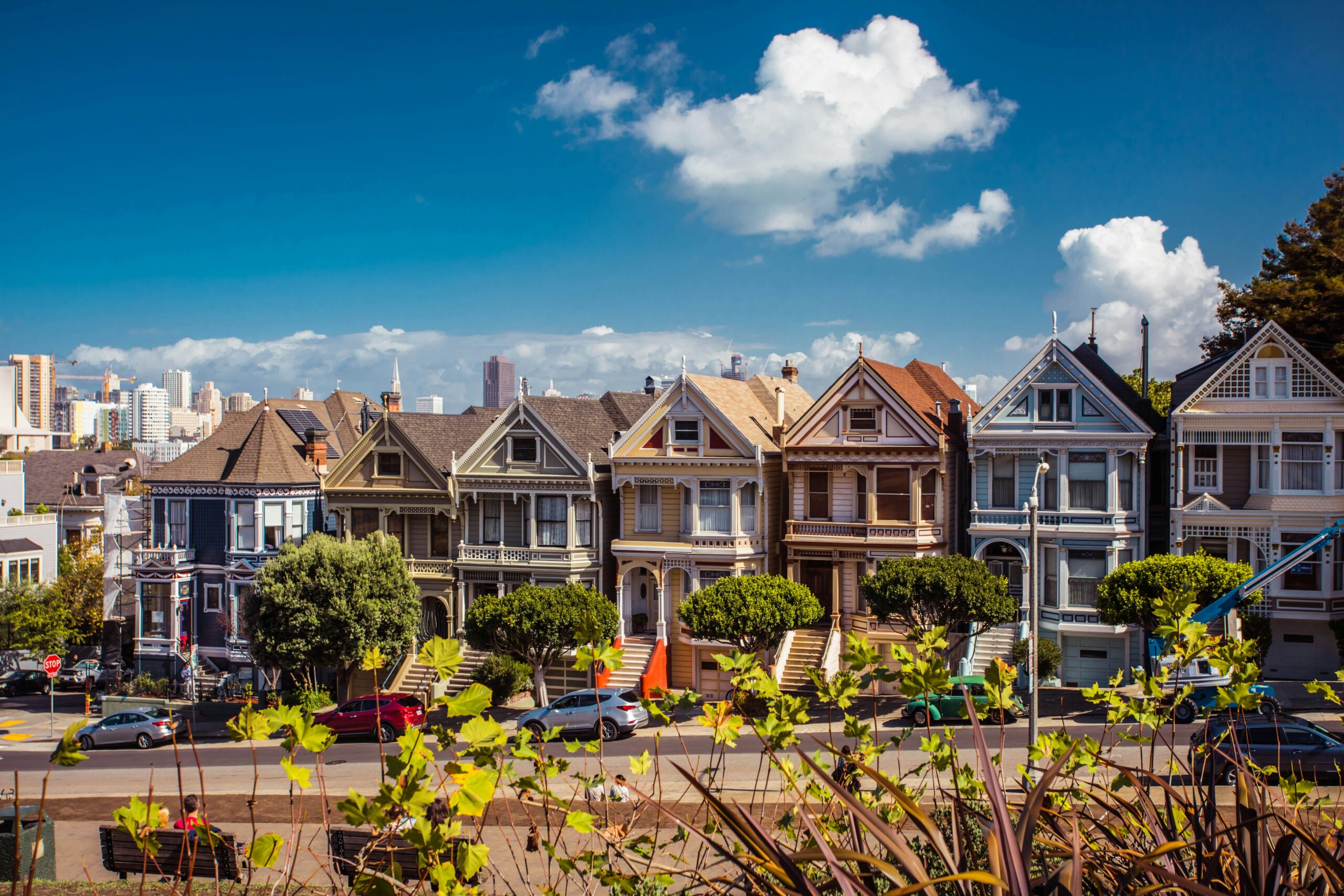
When real estate investors choose to develop or renovate properties, their impact reaches far beyond aesthetics. Renovating an abandoned house or revitalizing a neglected block can reignite a neighborhood’s potential, inspiring community pride and encouraging other homeowners and investors to contribute. Over time, these enhancements improve the overall quality of life, reduce blight, and make neighborhoods more attractive to families and businesses alike.
Furthermore, this kind of thoughtful development helps stabilize property values in areas that may have suffered from disinvestment. As property values increase, the local tax base grows, leading to better-funded schools, services, and infrastructure. These positive changes generate momentum, helping communities break cycles of decline and move toward long-term prosperity.
Supporting Local Economies and Small Businesses
Real estate investment naturally stimulates local economies, especially when investors prioritize working with local vendors, contractors, and artisans. Every construction project, no matter the scale, creates employment opportunities and injects money into the community. This benefits not only skilled workers but also small businesses that supply materials, equipment, or services to these projects.
Additionally, commercial real estate investors often play a key role in revitalizing downtowns or shopping districts by filling vacant storefronts. When investors choose to lease space to small, locally owned businesses, they help these entrepreneurs flourish while strengthening the local economy. As foot traffic increases and new customers arrive, other nearby companies benefit as well, creating a ripple effect of growth and opportunity.
Creating Access to Affordable and Quality Housing
With the rising cost of housing across many cities, real estate investors can help address the affordability crisis by developing and maintaining quality rental housing. By investing in properties in need of renovation and committing to reasonable rent pricing, investors provide clean, safe, and affordable housing options that otherwise might not exist. This approach can help keep families in their communities rather than forcing them out due to gentrification and price surges.
Moreover, investors who partner with housing nonprofits, community land trusts, or local governments can play a powerful role in the creation of affordable housing. By aligning their financial goals with socially responsible practices, they can help bridge the gap between market-rate and subsidized housing, ensuring diverse communities can remain inclusive and stable.
Fostering Safer and More Inclusive Communities
When investors engage with neighborhoods not just as financial opportunities but as places where people live, work, and thrive, they begin to build trust. They may organize clean-up days, host neighborhood meetings, or contribute to community safety initiatives. These efforts often lead to stronger relationships among residents, tenants, and property owners, contributing to a sense of shared responsibility and security.
Investors can also advance inclusivity by making their properties accessible to people with disabilities or by adopting nondiscriminatory leasing practices that welcome residents from diverse backgrounds. Over time, inclusive communities experience lower turnover, increased civic participation, and stronger social ties—all of which foster a more vibrant and resilient community culture.
Encouraging Environmental Stewardship and Sustainability
Real estate investment offers a powerful opportunity to promote sustainability. By incorporating energy-efficient technologies, using sustainable building materials, and retrofitting outdated structures, investors reduce their environmental impact while lowering utility costs for tenants. These improvements also increase the long-term value and performance of properties, making them a sound financial choice as well.
Furthermore, green spaces, native landscaping, and stormwater management features can be integrated into property design, benefiting the surrounding ecosystem and public health. When investors commit to environmentally responsible practices, they contribute to the long-term well-being of communities while encouraging others to do the same. This not only enhances the investor’s reputation but also helps create communities where residents can enjoy healthier lifestyles.
Cultivating Long-Term Relationships Instead of Short-Term Gains
Rather than seeking quick returns and flipping properties without regard for community impact, many forward-thinking investors focus on building relationships and long-term stability. They communicate regularly with tenants, respond promptly to maintenance issues, and reinvest in their properties over time. This level of commitment strengthens tenant satisfaction and loyalty, reducing turnover and vacancies.
Such consistency and care also demonstrate to neighbors that the investor values the community as more than just a source of income. This trust can open the door to new opportunities, such as public-private partnerships or access to community development grants. Over time, an investor’s positive reputation can become their most valuable asset, paving the way for sustainable growth rooted in community well-being.
Championing Education, Culture, and Social Programs
Some of the most impactful investors are those who look beyond the property lines to support local programs and institutions. Whether it’s sponsoring youth sports teams, funding scholarships, or offering space for after-school programs, real estate investors can help create a supportive environment where families and young people can thrive. These initiatives foster community engagement and help cultivate the next generation of leaders.
In addition, investing in spaces that promote arts, culture, or community events brings people together and enhances neighborhood vitality. Investors who prioritize public spaces—like performance venues, community centers, or art installations—help foster a stronger identity and pride in the area. These contributions may not yield immediate financial returns, but they build a lasting legacy of positive change.
Profits with Purpose Lead to Stronger Communities
Real estate investment carries immense potential to improve lives and uplift neighborhoods, but that power must be wielded with intention and care. When investors prioritize community development alongside financial return, the results can be transformative. From revitalized buildings and thriving local businesses to inclusive housing and greener environments, the ripple effects of responsible investing touch every corner of the community.
By viewing each property not just as a commodity but as a cornerstone of community life, investors can make a meaningful difference. With the right balance of profitability and purpose, real estate becomes more than a business—it becomes a force for lasting, positive change.